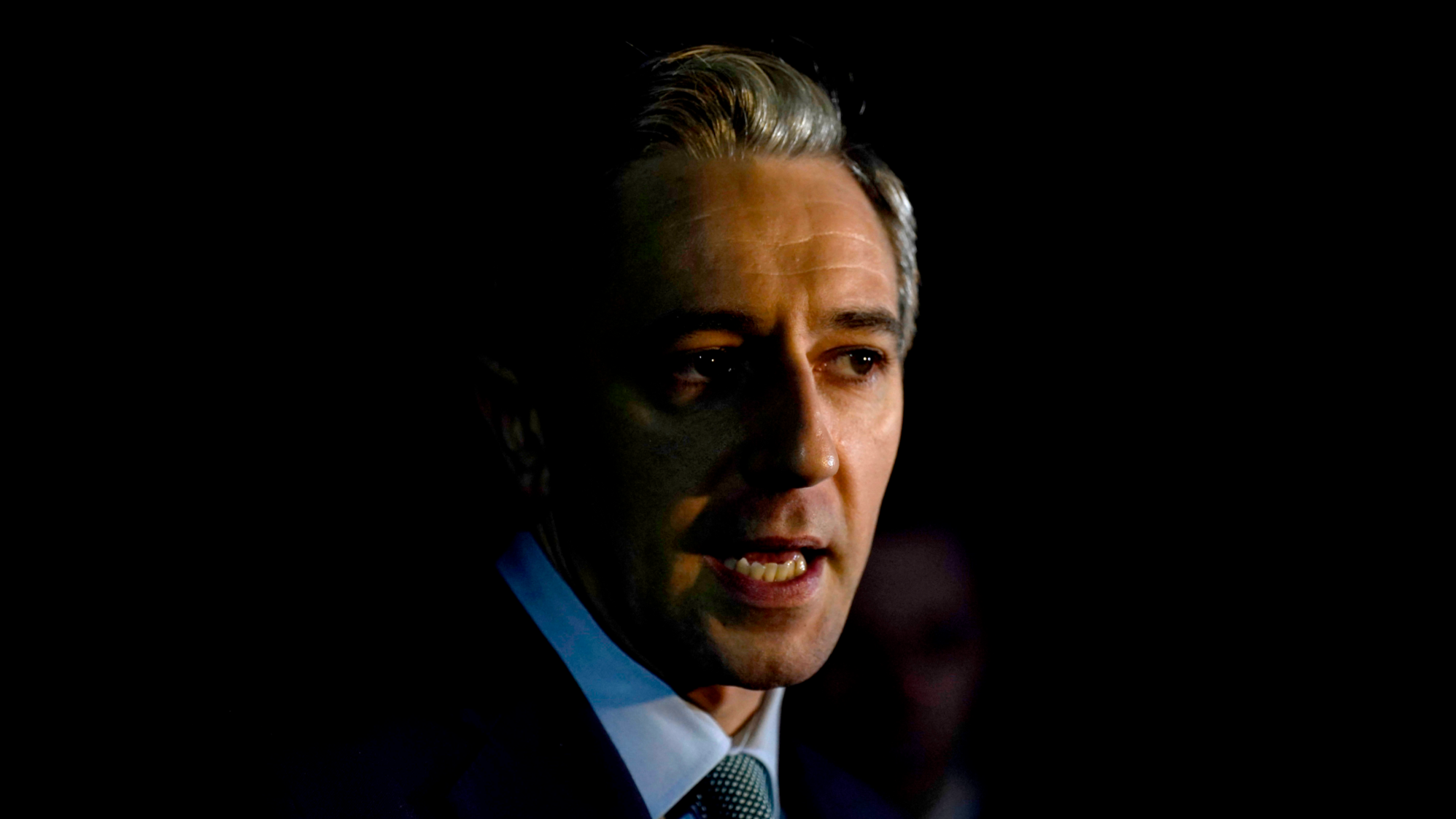
DUBLIN - Ireland's two large center-right parties are set to begin their search for a coalition partner this week after Friday's election looked likely to leave them just short of the 88 seats needed to govern, a choice that will help determine their policy platform.
Prime Minister Simon Harris' Fine Gael and coalition partner Fianna Fail bucked a global trend of voters rejecting incumbents when they won 20.8 percent and 21.9 percent of the vote respectively, a broadly similar level to the last election in 2020.
With outgoing junior coalition partner the Greens set to lose all but one of its seats, the choice is between one of Ireland's smaller left-leaning parties or a number of more conservative independent lawmakers.
READ MORE: High-spending Irish coalition eyes re-election as rival Sinn Fein falters
The final seats are likely to be filled on Monday.
"There is certainly the possibility for this additional partner to have an outsized impact on the ideological direction," said Theresa Reidy, senior lecturer in politics at University College Cork.
Fine Gael and Fianna Fail have ruled out a deal with the other main party Sinn Fein, the leftist opposition whose vote fell to 19.0 percent from 24.5 percent in 2020 and 35 percent in opinion polls a year ago when it appeared on course to lead the next government.
Harris called the election on the heels of a 10.5 billion euro ($11 billion) giveaway budget, but will be under pressure to heed widespread frustration at the outgoing government's inability to turn the healthiest public finances in Europe into better public services.
Potential major threat
Senior Fine Gael and Fianna Fail ministers have said talks on forming a new government would take weeks at least. Party figures have said they would like a deal before the inauguration of US President-elect Donald Trump on Jan 20, but that it is not a hard deadline.
Trump's pledges to slash corporate tax and impose tariffs pose a potentially major threat to Ireland's economy, which is heavily dependent on the taxes and jobs of a cluster of US tech and pharmaceutical multinationals.
"Ideally if we can form a government prior to that (Trump's inauguration), that's positive, but I think we need to form a government that can last," Finance Minister Jack Chambers of Fianna Fail told Reuters, adding that negotiations should not take the 4-1/2 months needed in 2020.
READ MORE: Irish coalition parties on top after marathon European election counts
Fine Gael and Fianna Fail have formed stable governments in the past backed by independents and both have governed with one of the two possible center-left partners, Labour. The other, the relatively new Social Democrats, has never been in power.
While 88 votes are required to pass legislation and approve ministers, parties will really need around 94 to have a comfortable majority capable of going the full five-year term, former prime minister Bertie Ahern told state broadcaster RTE.
"The reality is they have plenty of choices," giving them plenty of bargaining power, Ahern said.


